Pranayama
breathwork
PRANAYAMA
Pranayama helps us to more deeply connect to the energy that runs through us. This can be done via a variety of breathwork practices. It’s important to understand that the breath is the physical layer through which we can access prana (energy, or life force). There is great power in understanding how and when to move the breath in a specific way through our bodies. Different breath practices serve different purposes and have the ability to offer transformative experiences. In today’s video, Matt explains and demonstrates how and when to utilize various breath techniques to connect with and become more conscious of how breath moves within our bodies.
Of course, having more knowledge about our anatomy helps increase the benefits of these breathwork techniques. As always, Matt infuses his teachings with anatomy education to give us a broader and more complete picture.
THE POSE FACTORY
WAITLIST NOW OPEN
- Dogmatic alignment versus functional alignment
- Learn popular postural pitfalls
- Myths versus truth
- Formulaic approach for comprehensive learning
- Excellent guide for yoga enthusiasts
- Must-have for yoga teachers
- Joint-health awareness
- Muscle integrity, range of motion
- Props for accessibity
- Alignment alterations in the case of injuries
GET TO KNOW THE DIAPHRAGM
The diaphragm is the “breathing muscle” we tend to be more familiar with, but there are other muscles that participate in this natural function. In the video, Matt explains that the diaphragm at rest is in a balloon-like shape and up towards the sternum during the exhalation of the breath. When we inhale, the diaphragm contracts and flattens downward. If we visualize the movement of the diaphragm as we participate in focused breathwork practices, we can better control where we would like to place the breath in our bodies. As we discuss the various breathwork techniques, we comprehend better why it may be more appropriate to direct the breath more downward into the belly or more upward into the thoracic area of the body.
WATCH THE VIDEO
PRANAYAMA: UNDERSTANDING THE POWER OF BREATHWORK
FIND THE ENTRY POINT
One of the most important factors of breathwork is to connect with the sensations we’re experiencing. To better prepare our mind and body, we can use a technique that acts as a doorway or entry point into pranayama.
Padadhirasana, or pranayama preparation, is a way to balance the nervous system. In this practice, from a seated position, we place our hands underneath the armpits. Because we continuously fluctuate between favoring either the sympathetic or the parasympathetic nervous system, the practice is thought to aid in stimulating the nostrils (or, if one so chooses, the left- or the right-side nostril), which directly connects to stimulating the sides of the brain. This fluctuation may manifest by experiencing less opening through either nostril. In the video, we learn how to stimulate the appropriate side.
200 HOUR ONLINE TEACHER TRAINING
GET CERTIFIED & DEEPEN YOUR YOGA PRACTICE
- Deepen your yoga practice
- Build confidence speaking in front of groups in person and online
- Learn foundational class structures and templates
- Learn techniques for a wide range of yoga postures
- Get certified and highly qualified to teach yoga
- Yoga Alliance Globally Recognized Certification Program
TYPES OF PRANAYAMA
Nadi Shodhana (Alternate Nostril Breathing)
Nadi Shodhana has a calming effect. This is useful when trying to stimulate the parasympathetic system. In the video, this is where we can practice options for how to manipulate the diaphragm.
Dirgha Pranayama (3-Part Breath)
We start with the expansion of the belly on the inhale, which then goes to the ribs and to the collar bone. On the exhale, the pathway is reversed.
Kapalabhati (Skull-Shining Breath)
This is a more energetic breath technique that can be very helpful in increasing energy and as a preparation for the asana practice. The exhalation is emphasized here, which strengthens the transversus abdominis (the deepest abdominal muscle).
Bhastrika (Bellows Breath)
Bhastrika is also an energizing breath practice; however, both the inhale and the exhale are emphasized.
300 HOUR ONLINE TEACHER TRAINING
GET 500 HOUR CERTIFIED AS A MASTER TEACHER
Master your skill set as a teacher through refined techniques, anatomy, biomechanics, sequencing, philosophy, meditation techniques, theming, yoga business, and much more!
- Get 500 hour certified
- Learn anatomy, biomechanics, asana techniques
- Expand your teaching skills
- Masterful sequencing and verbal delivery
- Learn meditation and breathwork techniques
- Transformative tools: theming, dharma talks, satsang
A POWERFUL TOOL
These pranayama techniques are powerful tools that can facilitate greater connection with the distribution of energy—in an asana practice or off the mat, during our other daily activities. In times of stress, we can shift into the parasympathetic, and if we require more energy, we can rely on practices like Kapalabhati or Bhastrika. Even though it is easy to become complacent about how we experience our energy or breathing patterns, we actually have the power to transform our experiences by simply incorporating these practices into our daily lives.
Matt’s Spring registration for his 200 and 300 Hr. Teacher Training programs begins on June 1. Pranayama, connected to both anatomy and philosophy, enriches both our own understanding and the experiences of our students. This is the Chromatic way. Click here for more information about these life-changing teacher training programs.
The 200 Hr. Teacher Training: Click Here to See the Next Start Date
The 300 Hr. Advanced Teacher Training: Click Here to See the Next Start Date
Article by Trish Curling
Videos Extracted From: Breath Of Fire Immersion and Move Breathe Release Immersion
ONLINE ANATOMY COURSE
- Accessible, exciting, and easy to learn
- Anatomy and biomechanics for yoga
- Appropriate for both teachers and students
- Learn joint alignment vs pose alignment
- Demystify yoga poses and transitions
- Release aches and pains
- Learn how to avoid common injuries
- Caters to all levels with modifications and props
- 20 hours Continued Education Credits with Yoga Alliance
- 20 hours toward Chromatic Yoga Certification and 300 Hour
- Lifetime access
Continue Learning
Redefine Chaturanga
Redefine ChaturangaALIGNMENTREDEFINE CHATURANGA To redefine Chaturanga, we first have to be willing to challenge what we think we already know. Many of us were taught a narrow-hand, elbows-tight variation of the pose—elbows hugging the ribs, hands close beneath the...
Tight Hips
Tight HipsHIP MOBILITYTIGHT HIPS When working to release tight hips, most people instinctively go straight for deep stretches. But one often overlooked area that holds a surprising amount of tension is the adductorS (the inner thigh muscles) that connect to the...
Retraction Of The Scapula
Retraction Of The ScapulaSHOULDER ACTIONSRETRACTION OF THE SCAPULA It may appear that scapular retraction holds less weight in finding deeper backbends, but this action can be quite significant in what we experience when it comes to strength, stability, and...
Conquering Compass Pose
Conquering Compass PoseSURYA YANTRASANACONQUERING COMPASS POSE Conquering Compass Pose isn’t about forcing your leg behind your shoulder—it’s about understanding and participating in the muscular coordination that makes the posture possible. The real power comes from...
Leg Over Head Pose
Leg Over Head PoseEKA PADA SIRSASANALEG OVER HEAD POSE Leg Over Head Pose is one of those postures that challenges not only our bodies but also our mindset. When faced with a seemingly impossible pose, we tend to respond in one of three ways: dismissing it as...
Spanda In Backbends
Spanda In BackbendsSIDE PLANKSPANDA IN BACKBENDS Spanda in backbends is the key to creating both stability and freedom in spinal extension. Backbends are not just about bending; they require a balance between expansion and controlled engagement to prevent excessive...
THE FREE TECHNIQUE PACK
When You Subscribe, You Will Get Instant Access to
- the Technique Pack: 15 yoga pose breakdowns
- exclusive online course discounts
- exclusive blogs and videos
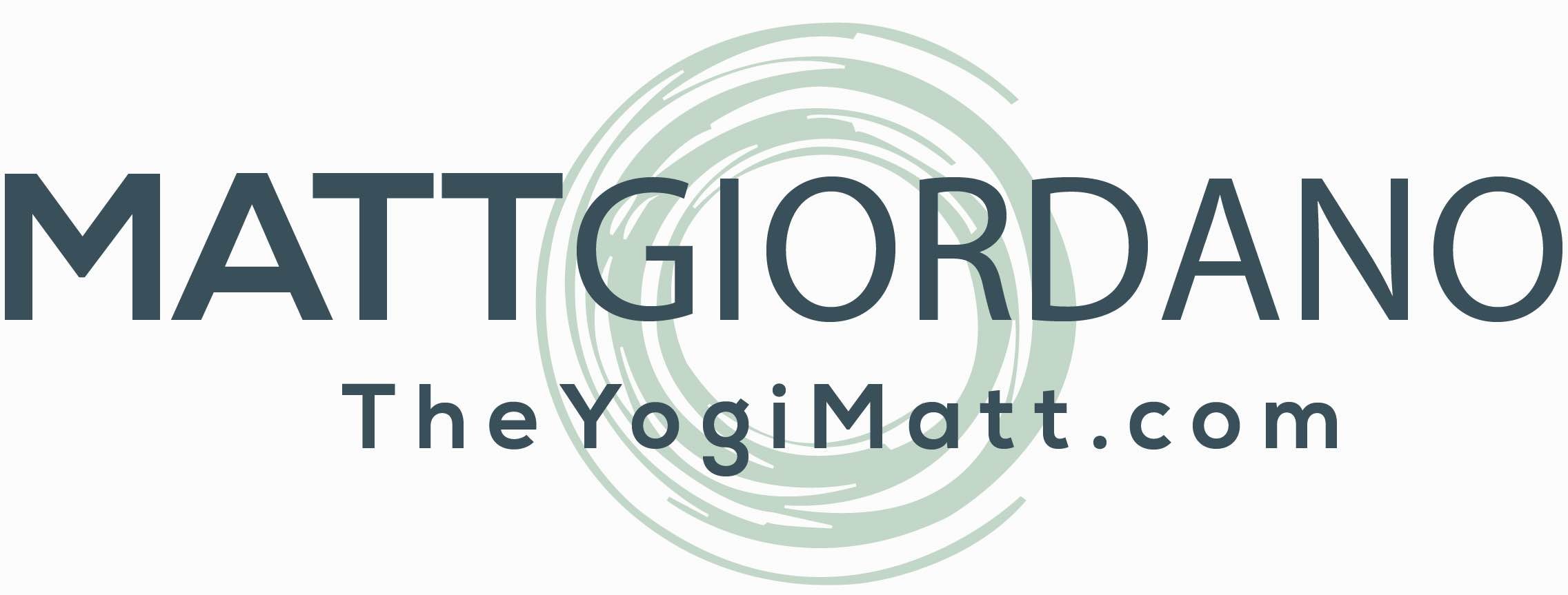
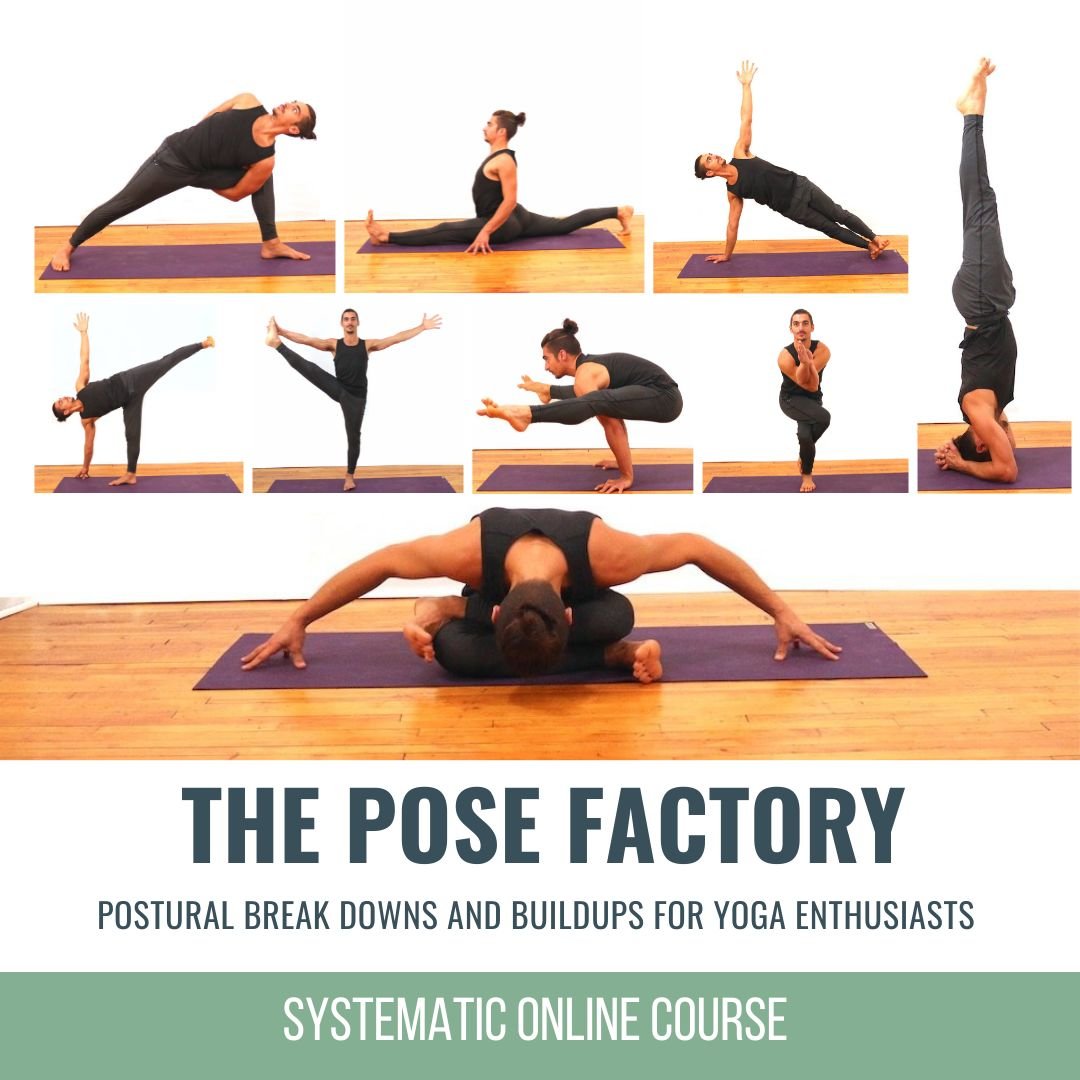



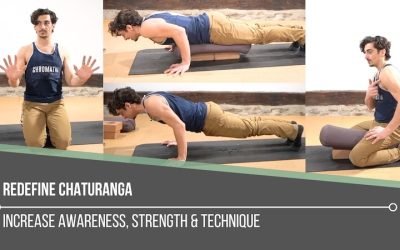
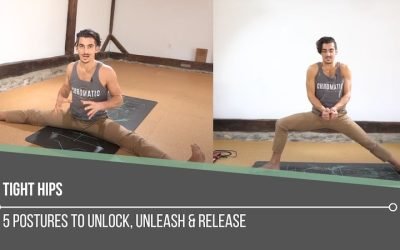
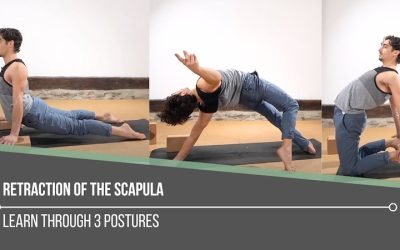
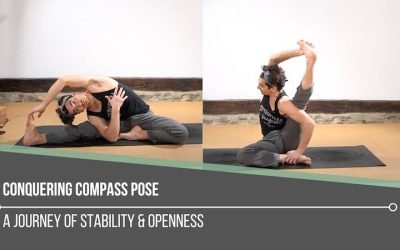
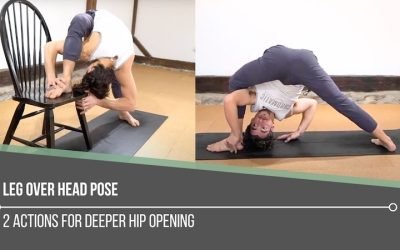
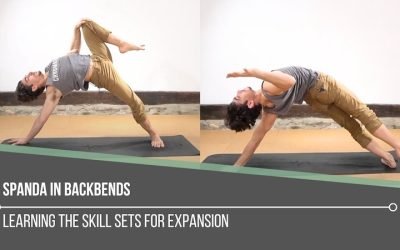



0 Comments